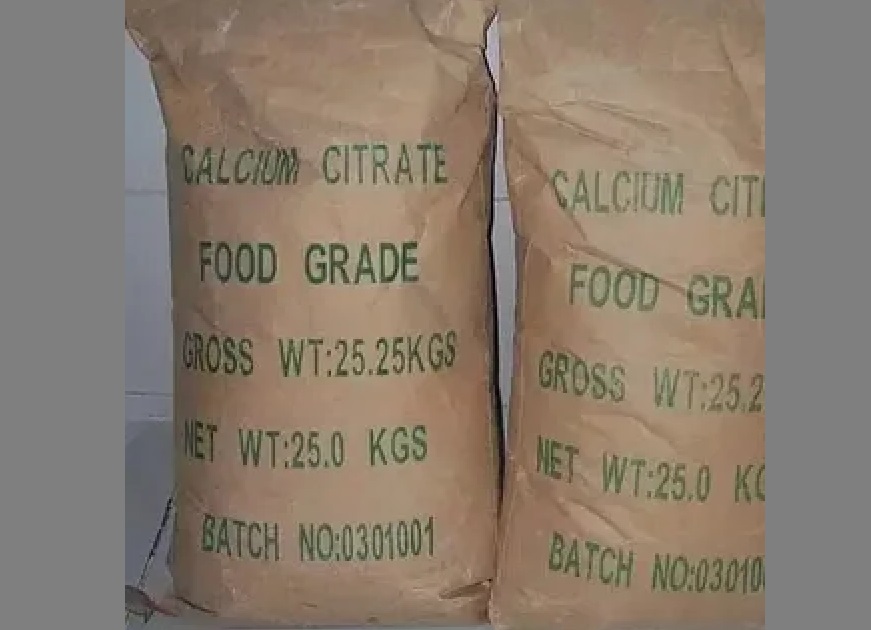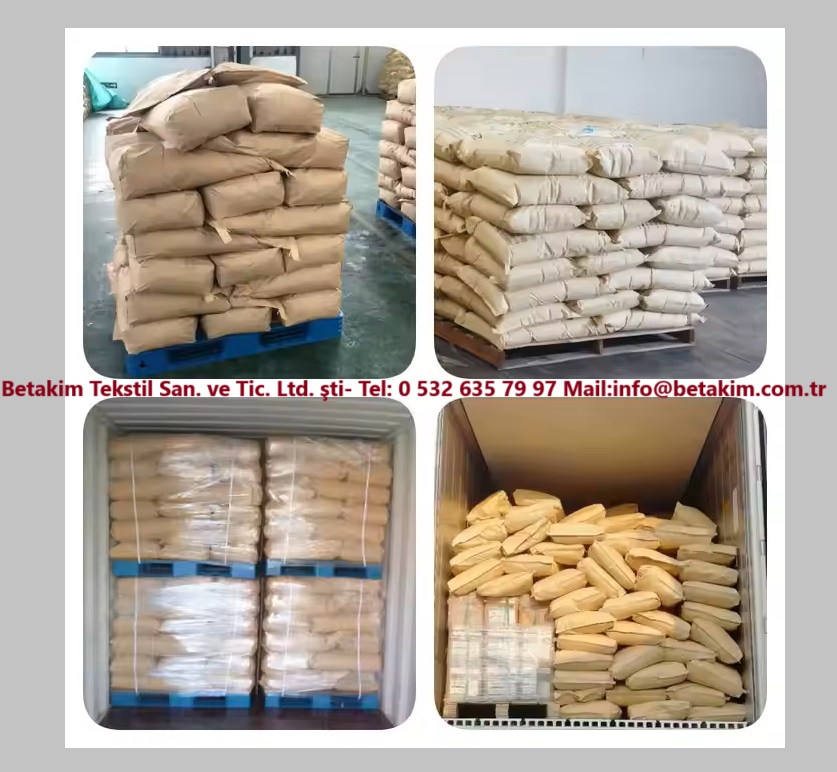We unleash your business potential by maximize the business innovation.
Send EmailCalcium Citrate, Tricalcium Citrate, Tricalcium Citrate Tetrahydrate, Calcium Citrate Anhydrous, Calcium Citrate Malate, Lime Citrate, TCC, E333 813-94-5, 5785-44-4
General Information
-
Molecular Formula: C12H10Ca3O14 or (C6H5O7)2Ca3·4H2O
-
Molecular Weight: 498.4 g/mol
-
Chemical Name: Calcium Citrate
-
CAS Numbers: 813-94-5 (anhydrous), 5785-44-4 (tetrahydrate)
-
Other Names: TCC, Tribasic Calcium Citrate, Calcium Citrate Malate, Lime Citrate, Calcium Citrate Anhydrous, Tricalcium Disodium Citrate, etc.
Physical & Chemical Properties
-
Appearance: White powder, fine crystals, or very fine salt form
-
Taste: Sour
-
Odor: Odorless
-
Density: 1.63 g/cm³
-
Melting Point: 120 °C
-
Stability: Stable under normal conditions, but incompatible with strong oxidizers (KMnO4, NaOCl, H2O2)
-
Solubility: Poorly soluble in water (~1 g/L). Solubility increases in acidic solutions (orange juice, lemon juice).
-
Thermal Behavior: Loses water at 100–120 °C
Biological & Nutritional Features
-
Calcium is the most abundant element in the human body.
-
Tricalcium Citrate is the most widely used organic calcium salt.
-
Bioavailability: About 2.5 times higher than calcium carbonate.
-
Advantages over Calcium Carbonate:
-
Does not neutralize stomach acid → easier digestion
-
Does not cause gas or constipation
-
Lower risk of kidney stone formation
-
Medical Applications
-
Treatment of hypocalcemia (low calcium in blood)
-
Used in osteoporosis and osteomalacia (weak bones)
-
Treatment of diseases caused by reduced parathyroid activity
-
Acts as a chemopreventive agent in some cancer therapies
-
Infant formulas as calcium supplement
-
Ingredient in medicines for muscle and skeletal disorders
Food & Industrial Uses
-
Food additive: sour flavor, preservative, acidity regulator
-
Used in beverages, jams, confectionery, flour products
-
Meat products & sauces: sour taste and binding properties
-
Animal feed: calcium supplement
-
Fermentation tablets: binder and stabilizer
-
Water softener
Cosmetic & Toothpaste Applications
-
Used as abrasive and opacifier in toothpaste
-
Provides whitening effect similar to TiO2 but with finer particle size
-
Safe for gums and oral tissues
Key Highlights
-
Best absorption rate among calcium salts → preferred choice
-
Particle size range: 10–300 microns (smaller particles = higher solubility)
-
Wide usage spectrum: medicine, food, cosmetics, feed, industry

